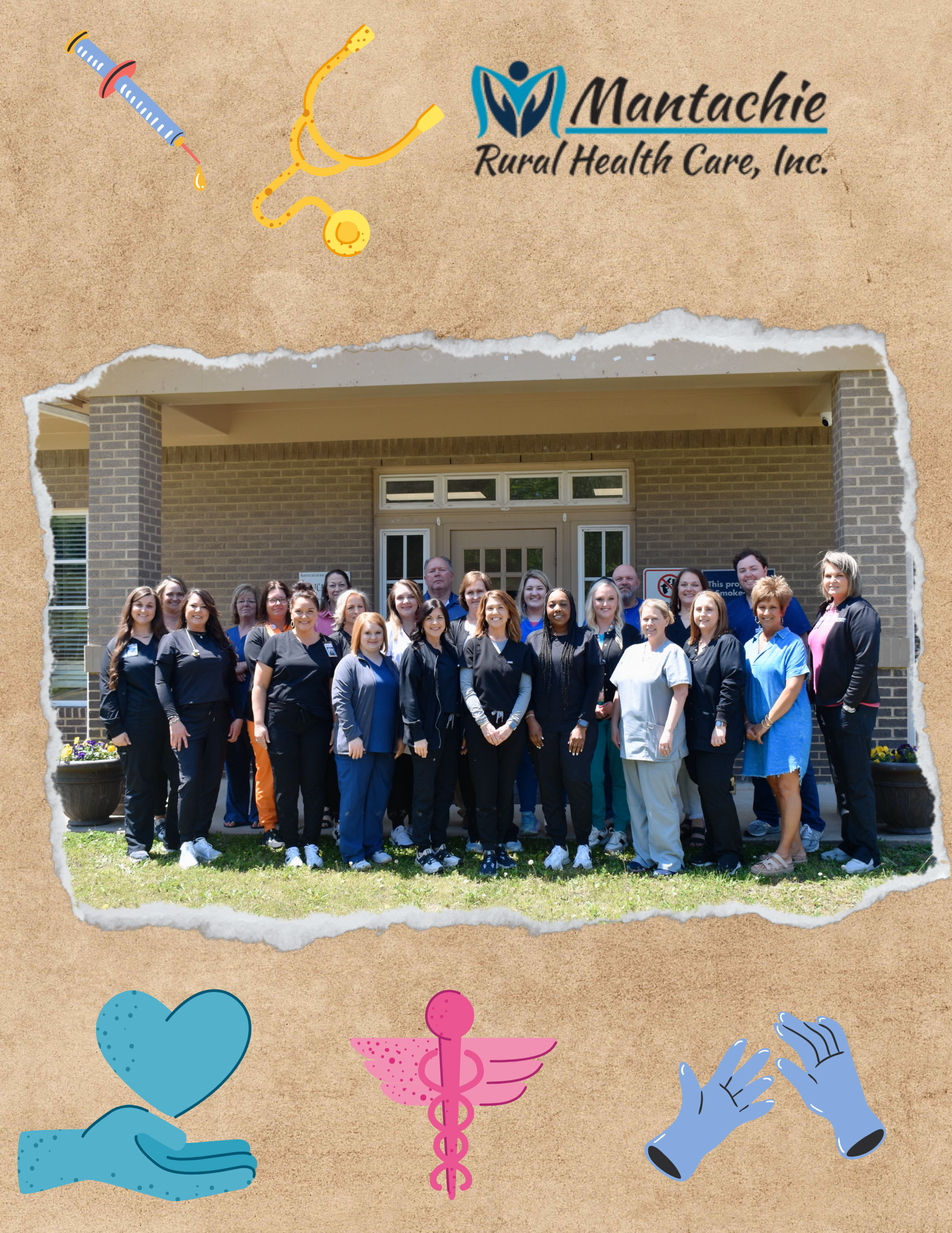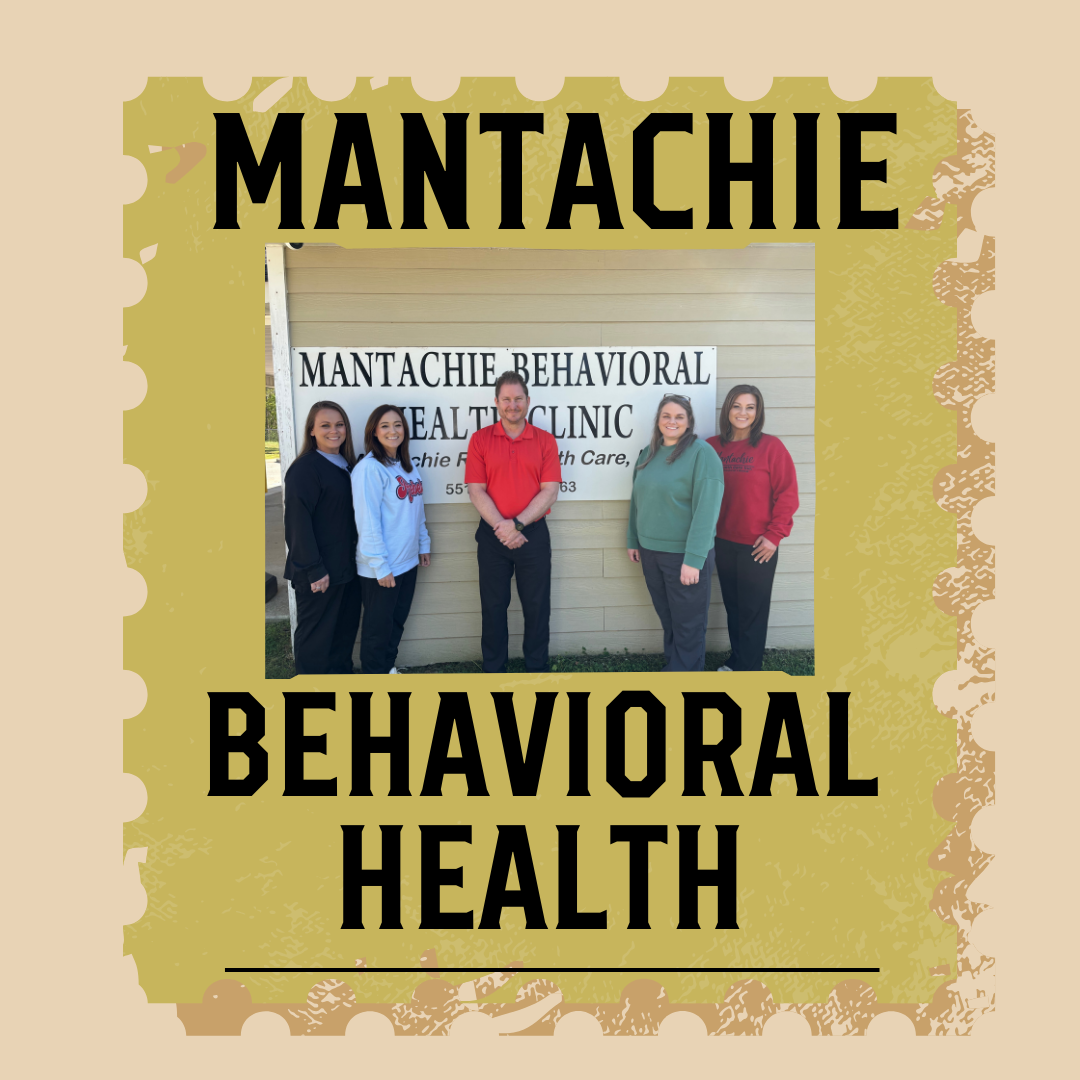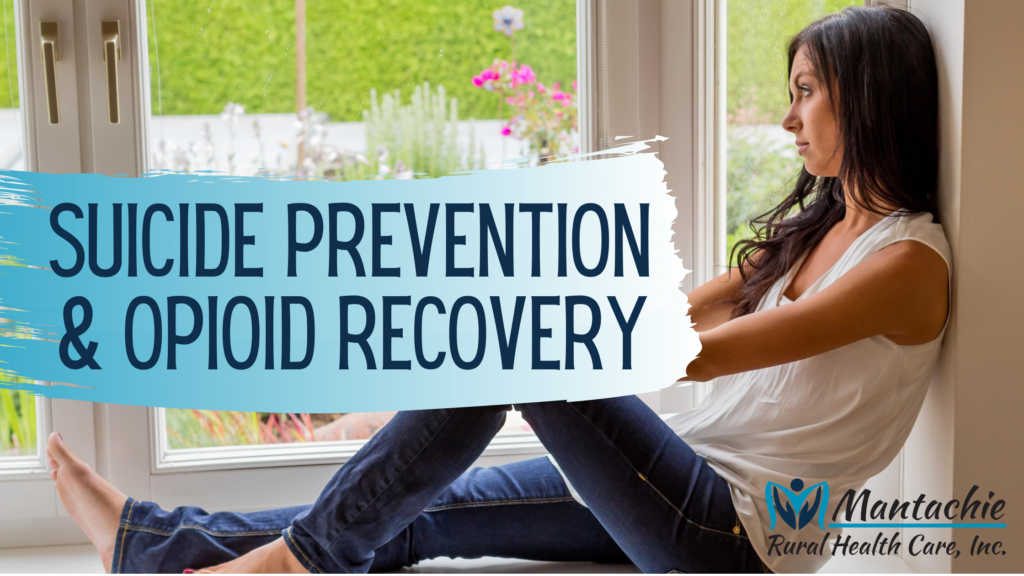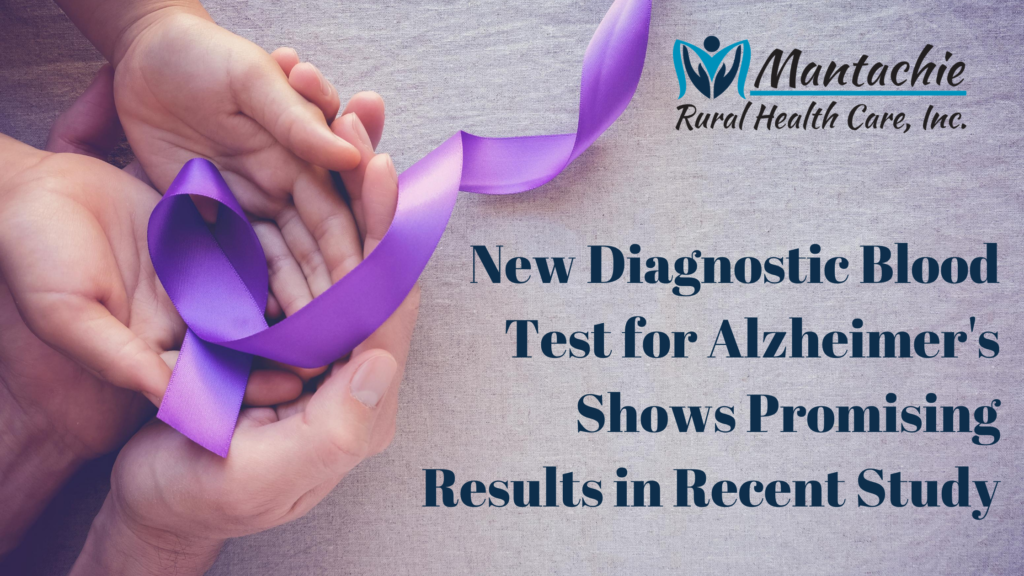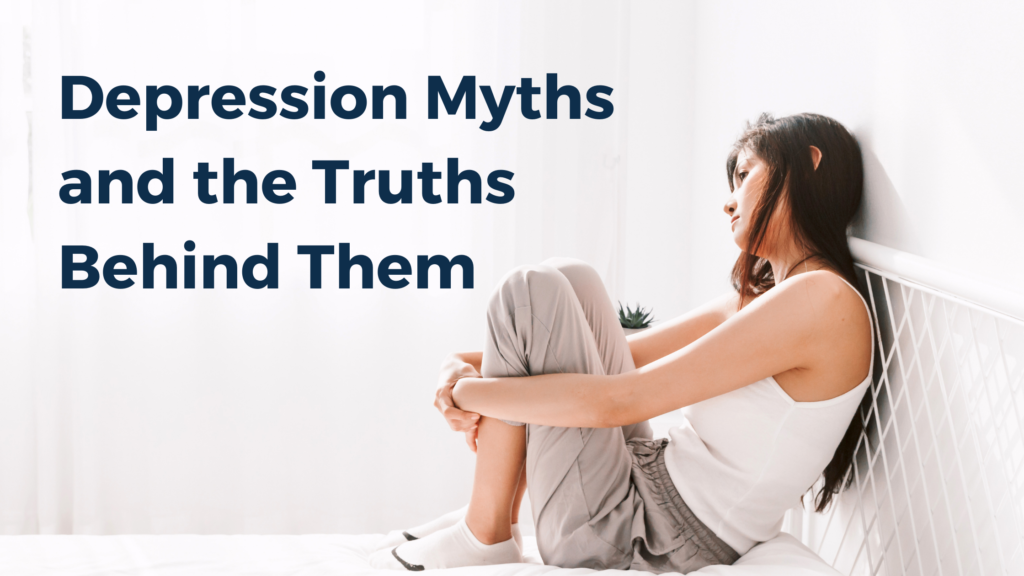
Depression is one of the most common mental health disorders in the United States. However, we encounter many misconceptions about depression and what it is and is not. Today we are taking a look at the most common myths surrounding depression and revealing the truth behind them.
Myth #1: Depression isn’t a real disease.
Depression is a very real, complex illness impacted by psychology, sociology, and biology. Anyone can get depression regardless of your family history. Contrary to popular belief, depression doesn’t just affect your emotional health but it can also negatively impact your physical health as well.
Myth #2: Antidepressants are a cure-all for depression.
Although antidepressants are a very powerful and effective treatment for depression in most instances, they aren’t always enough. Psychotherapy or talk therapy often successfully treats depression.
Myth #3: You can snap out of your depression on your own.
Depression is not the same as sadness. Just like any other medical condition, depression requires proper diagnosis and professionally prescribed treatment. People who are depressed cannot talk themselves out of it one day. If you have battled depression for months or even years, it’s time to talk to your provider about treatment.
Myth: 4 Depression is caused by trauma.
Unhappiness or sadness are completely normal emotions following a sad or traumatic event but this is not the same as depression. Depression causes feelings of sadness, emptiness, or loneliness at any time even if things are going relatively well. These feelings typically last for long periods and often have no cause.
Myth #5: If you have a family history of depression, you will get it, too.
Depression is more common in people who have a family history of the condition. However, family history does not guarantee that you will be affected by the illness, too.
Myth #6: Only women get depressed.
This simply is not true. Men experience depression, too, but they may not be as likely to talk about it as women. In fact, the number of men in the US who die by suicide each year is four times that of women. Another reason we urge men to reach out more about their emotional health. Your provider’s office is a safe place to find help.
Myth #7: Once you’re on antidepressants, you’re on them for life.
Some people will need prescribed medication for depression for the rest of their lives. However, not every depression patient fits that description. Each case of depression is different which is why there isn’t one perfect cure-all for the disease. Many patients are able to successfully wean off of medication with their doctor’s help after a certain period of successful treatment.
Are you struggling with depression or have depression symptoms? Don’t suffer alone. Mantachie Rural Health Care offers behavioral and medical help for depression. Click here to request your appointment now.
